Keywords: Religious Media
-
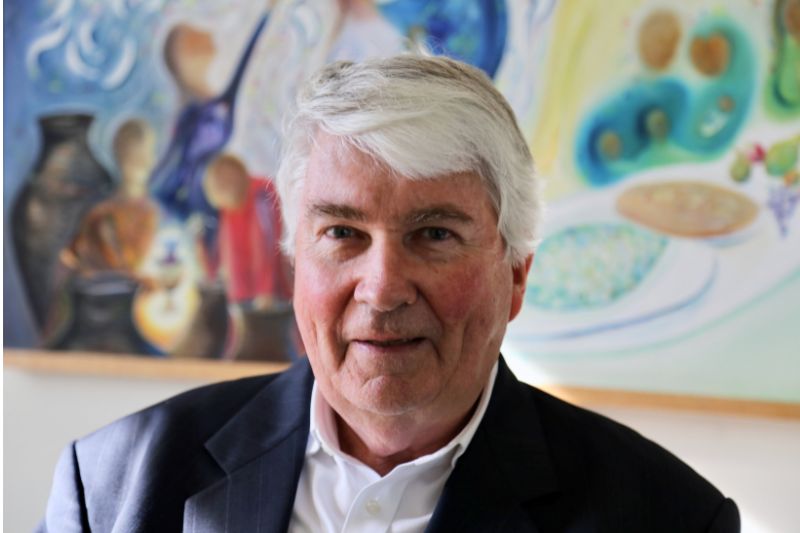
RELIGION
- Jim McDermott
- 13 March 2025
Frank Brennan wears his prominence lightly. A priest, lawyer, and tireless advocate for Indigenous rights and refugees, he is as at home in political corridors as he is at the dinner table, welcoming friends with stories and good cheer. Now, celebrating 50 years as a Jesuit, he reflects on faith, justice, and a life of service.
READ MORE
-
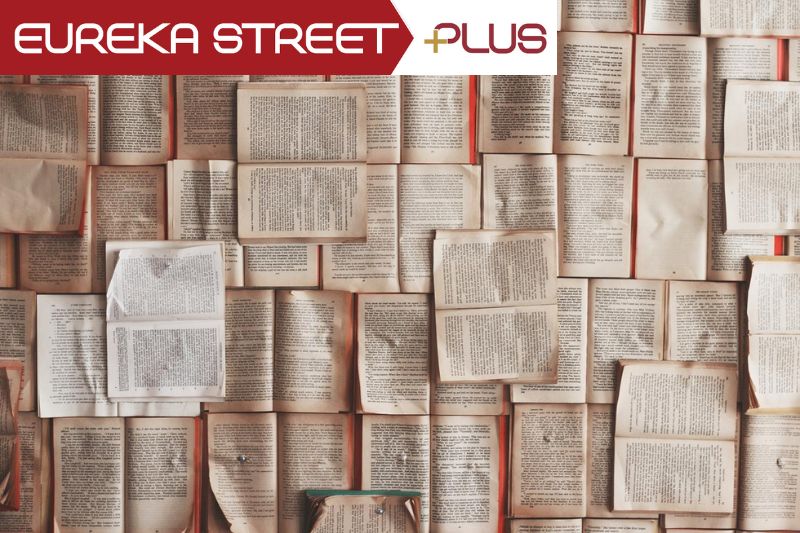
ARTS AND CULTURE
- Andrew Hamilton
- 14 February 2025
These poets offer distinct reflections on life, faith, and human experience in their recent work. From Kelly’s reflective musings on faith and education to Mead’s exploration of motherhood and nature, and McFadyen’s grappling with grief, their works search for a ‘something more’.
READ MORE 
-
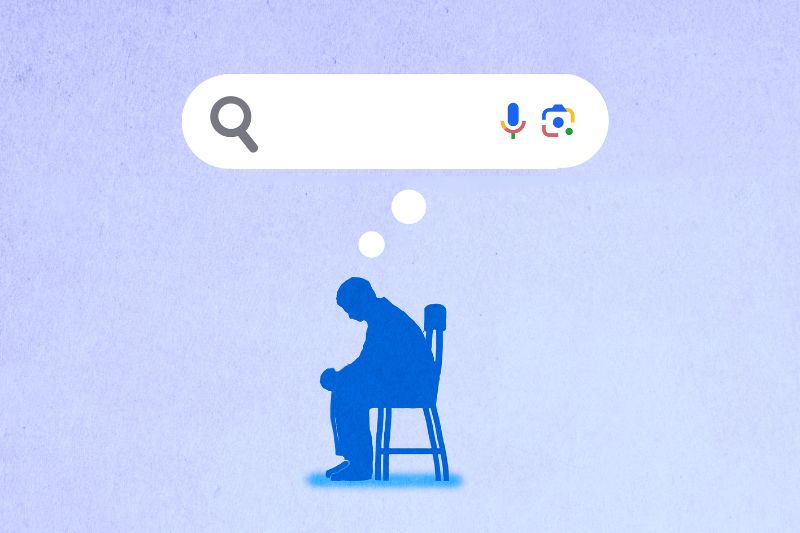
RELIGION
- Michael McVeigh
- 12 February 2025
Vice President JD Vance’s defense of Trump’s executive orders has ignited a theological debate on "ordo amoris"—the order of love. Critics argue that reducing love to a hierarchical formula distorts Catholic social teaching. But is the influence of big tech reshaping both religious thought and our global priorities?
READ MORE
-
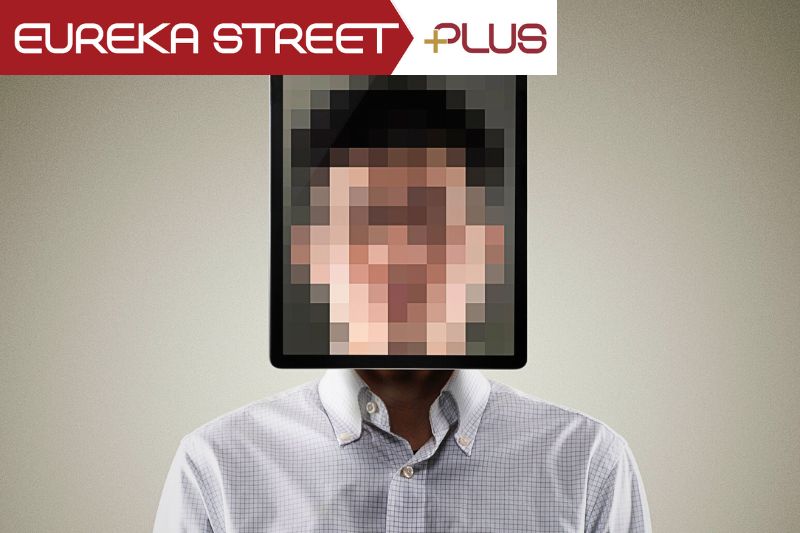
INTERNATIONAL
- Nirmal Ghosh
- 07 February 2025
Amongst hardening borders and rising ethnonationalism globally, those who resist rigid identity labels find themselves caught between worlds — too foreign for home, too foreign for here. If identity is both fluid and contested, can belonging ever be more than a temporary state?
READ MORE 
-
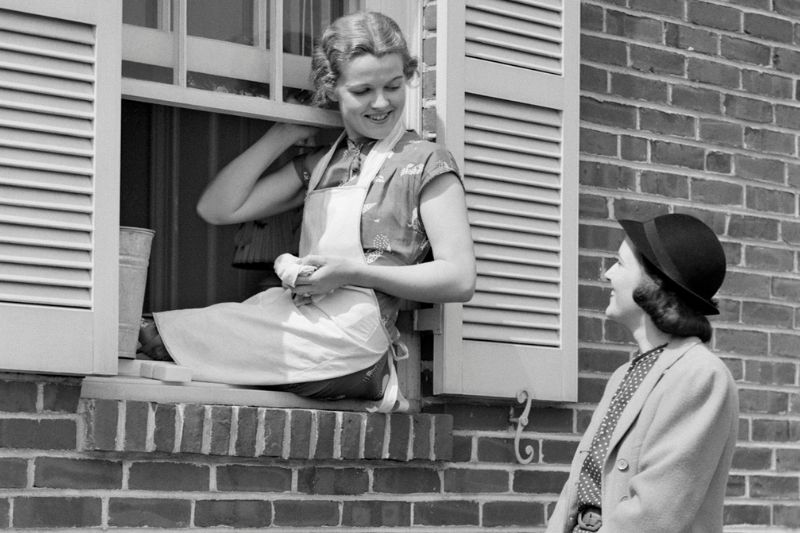
AUSTRALIA
- Erica Cervini
- 05 February 2025
In 1940s Australia, neighbourhoods pulsed with neighborly connection — a stark contrast to today’s soaring rates of loneliness. As societies grow increasingly fragmented and isolation deepens, can that bygone era offer any lessons on healing our contemporary disconnection?
READ MORE
-

INTERNATIONAL
- David Halliday
- 13 December 2024
In 2024, a fifth of Americans reported having no close friends, and the number is growing, especially among those without college degrees. So what are the societal structures behind this crisis in loneliness, and how we can rebuild meaningful connections?
READ MORE 